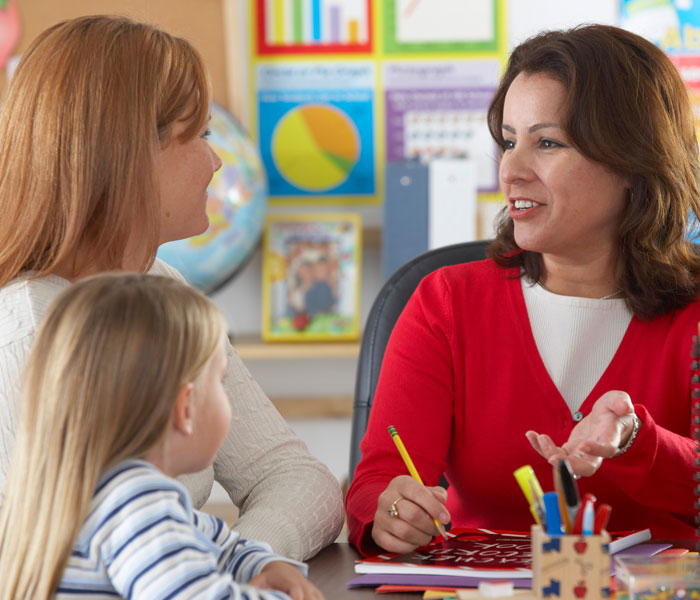Learning you have cancer not only has a huge impact on you – it affects the whole family. While you may want to keep the news from your children because you don’t want to worry them, chances are they will work out that something is wrong and be even more scared if they know something is being kept from them.
The best course of action is to be straightforward and explain to your children that you have an illness that needs treatment. How you do this will depend on their age and level of comprehension.
What to say and how to say it
• Do use the word cancer. While it can be a scary word at first, if it is used in everyday conversation they will get used to it. And they won’t be so frightened if they overhear adults using the word. Plus, if you just tell them you are sick when they or other people get sick, they may not realise it is different to having cancer.
• Re-use age-appropriate language to talk about the illness. Simplify things for younger kids, for example talk about cells in the body getting overexcited. Older children can cope with more detailed information but don’t overwhelm them with too much medical jargon.
• Make sure they understand that cancer is not contagious and they didn’t cause it. This is something that often concerns younger children.
• Try to stay positive. This can be difficult when you’re scared and upset yourself, and while it is important to be honest with children, try not to be too negative in front of them because they will pick up on how you are feeling. Focus on good things, such as the fact that treatment is available for the cancer.
• Tell them that it is okay for them to have lots of different feelings about you having cancer, and they can talk to you or any other adult in the family about it at any time.
• Be as honest as possible when answering their questions. If you don’t know an answer, admit it. Don’t make up what you think they want to hear.
• Explain what is involved with treatment and prepare them for the fact that there could be side effects, such as hair loss. Tell them why this is (because the drugs target fast-growing cancer cells, but unfortunately also affect fast-growing hair cells, which affects their growth while you’re on the medication).
• Find resources that can help them further understand what is happening to you. There are a number of pamphlets and books designed to help children understand cancer – ask at your local Cancer Society.

School can be a powerful ally during your treatment, so it might be helpful to talk to your child’s teacher.
Other things to consider
• Decide whether people connected with your kids need to know you have cancer, for example their teacher or their friends’ parents, and how you are going to let them know.
• Realise that while your child may need to talk about you being sick, they might find it difficult to open up to you because they don’t want to give you another problem to deal with. Suggest they talk to another adult they are close to. Or you may want to take them to a counsellor. The Cancer Society can help with contacts.
• Try to keep life as normal as possible. Routine makes kids feel safe and reassures them that their life is not falling apart.
For more from New Zealand Woman’s Weekly, visit our Facebook page, and follow us on Instagram.


